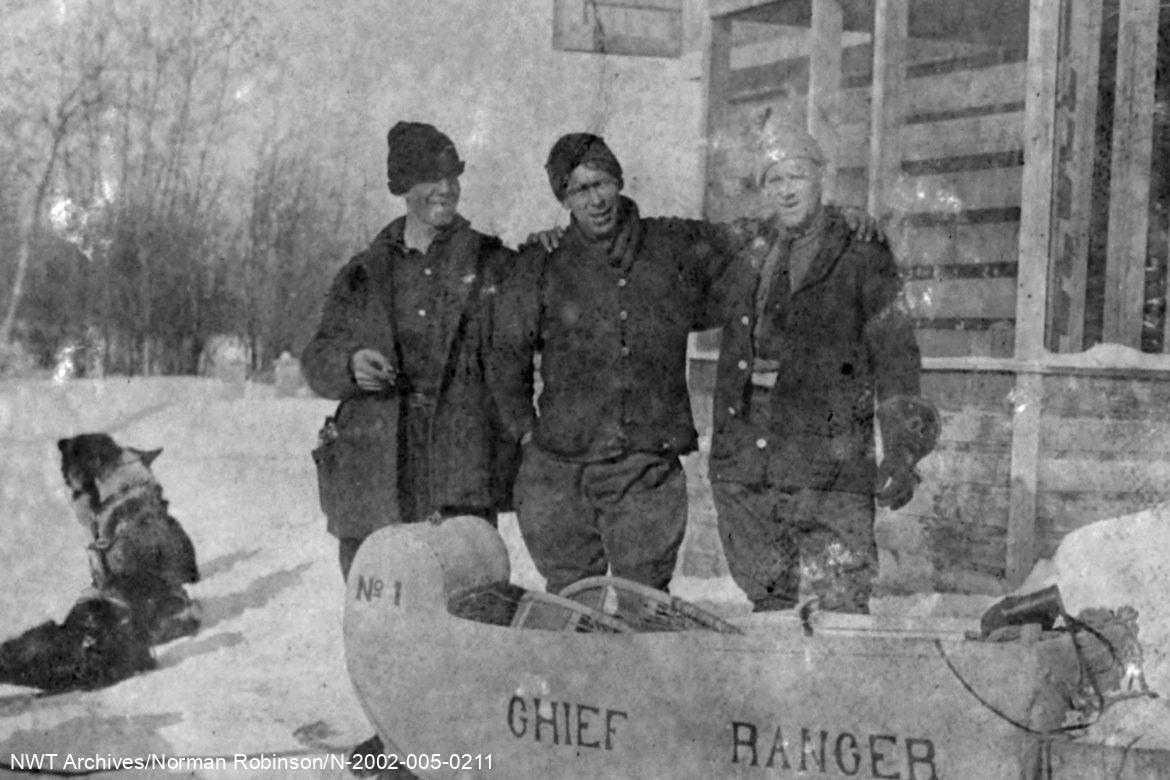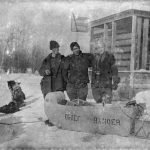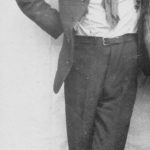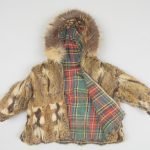1911
McNeill’s Reindeer
In the late 1800s and early 1900s, many believed that northern caribou were on the verge of extinction. The Canadian government made several attempts to solve this problem by establishing reindeer herds in the North.
In 1907, the Canadian government sponsored an experiment to import 300 reindeer from Norway to St. Anthony, Newfoundland. By 1910, this Newfoundland herd had increased to over 1200 animals, and a part of the herd was moved to the Northwest Territories. The intention was to establish a herd south of Great Slave Lake. Nathaniel Gear, the Chief Herder with the St. Anthony herd, and Billy McNeill and John Broomfield as assistant herders, moved fifty reindeer from Newfoundland to Fort Smith.
In September of 1911, these fifty reindeer were moved by ship, railway, wagon and scow, finally arriving in Fort Smith on May 20, 1912. Nineteen animals died along the way. Billy McNeill cared for the remaining 31 reindeer. Still, over the summer and following winter, 28 more animals either escaped into the bush or were killed. By spring of 1913, only three female reindeer remained.
Without males, Billy McNeill was ordered to take the remaining three animals to Waite Island in the North Arm of Great Slave Lake, and there he was to capture a bull caribou that could breed with the female reindeer. Another reindeer died on the way to Waite Island, and McNeill spent the winter taking care of the remaining two.
In the winter of 1914, McNeill and a Tłı̨chǫ guide, whose name was not recorded, tried to capture a bull caribou but were unsuccessful. Meanwhile, one of the two remaining reindeer died, and the Canadian government instructed McNeill to abandon the experiment. Years later, when McNeill recalled what happened to that last reindeer, he said, “the work with those deer cost $62,000. Let’s just say I had a feed of the most high-priced meat ever eaten in the north country.”
Later experiments in reindeer herding in the Beaufort Delta were more successful and reindeer herding continues until to the present day.



